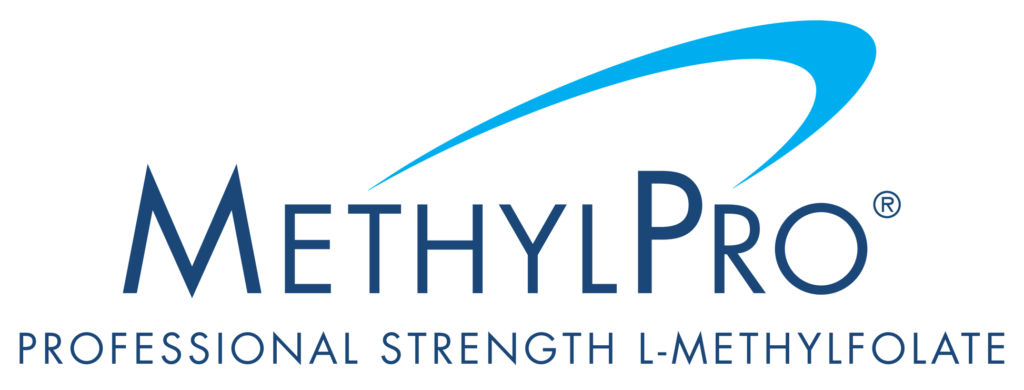The Science-Backed Benefits of a Social Media Detox
Let’s face it: it’s nearly impossible to escape the grip of social media. From the moment we wake up to the minute we fall asleep, our screens bombard us with notifications, updates, and curated content. While social media has undoubtedly revolutionized the way we connect and communicate, mounting scientific evidence shows excessive usage can take a toll on our mental well-being. Taking a break from social media, however, can be a great way to undo some of the damage and remind us of what’s really important.
As a society, we’re becoming increasingly aware of the value of mental health. From stress and worry to feeling empty and lonely, the impact of digital overload on our psychological state is undeniable. Admittedly, we contribute! As a company selling a product, we rely on social media to connect with our audience. We are aware of this paradox, and also make an effort to be a part of the solution, by bringing hope and solutions to these mental health challenges with what we post and what we offer.
What Does the Research Say?
An online survey of the United States, U.K., Australia, and Norway found that those who used social media in an attempt to decrease loneliness throughout the pandemic ended up experiencing more or greater challenges with mental health [1]. Even those who reported using social media to stay in touch with friends and family still saw a correlation between time on social media and poorer mental well-being overall [1].
On the flip side, a study of university students found that a positive change in mood, reduced worry, and improved sleep occurred during and immediately after a break from social media [2].
The data is strong. Poor self-image, excessive worries, a low mood, loneliness, and even poor sleep, can all change (at least a little) just by making some tweaks to your social media use or taking a break from social media.
What Does a Social Media Detox Look Like?
Research from reputable institutions such as Harvard University and the American Psychological Association sheds light on the profound benefits of disconnecting from our virtual worlds. Here are some compelling reasons why a social media detox can be beneficial for your mental health:
Reduced Feelings of Overwhelm and Stress
A study published in the Journal of Social and Clinical Psychology found that limiting social media usage to just 30 minutes per day resulted in significant reductions in both chronic sadness and loneliness [3]. By stepping away from the constant stream of information and comparison, individuals reported feeling less overwhelmed and worried.
Improved Sleep Quality
The blue light emitted by screens disrupts our natural sleep-wake cycle, making it harder to fall asleep and stay asleep [4]. Research conducted by the National Sleep Foundation suggests that cutting back on screen time before bedtime can lead to improved sleep quality and duration [4].
Better sleep not only enhances mood and cognitive function but also strengthens resilience against stress. You’ll wake up with more energy and positivity to face the challenges of your day.
Enhanced Self-Esteem and Body Image
Social media platforms often serve as breeding grounds for comparison and self-doubt. Studies have shown that excessive scrolling through carefully curated images can negatively impact self-esteem and body image perceptions, especially among young adults and adolescents [5].
Taking a break from social media allows individuals to refocus their attention inward, fostering a more positive self-image and sense of self-worth.
Increased Productivity and Creativity
Constant notifications and distractions can hinder our ability to concentrate and engage in deep, meaningful work. Research suggests that uninterrupted periods of focus are essential for productivity and creativity [6]. Interruption overload and the need to transition psychologically between social media and work leads not only to loss of creativity but also exhaustion at work [6]. By taking a break from social media we create space for innovation, problem-solving, and personal growth.
Stronger Interpersonal Relationships
While social media enables us to stay connected with friends and family across the globe, it can never fully replace face-to-face interactions. Spending less time online allows us to cultivate deeper, more meaningful relationships in the real world. Whether it’s sharing a meal, going for a walk, or simply enjoying each other’s company, offline connections nourish the soul and strengthen our social support networks.
It Doesn’t Have to be “All or Nothing”
Incorporating a social media detox into your routine doesn’t mean completely abandoning digital platforms. Instead, it’s about finding a healthy balance that prioritizes mental well-being without sacrificing the benefits of connectivity. Whether it’s a weekend getaway, a digital sabbatical, or simply setting boundaries around screen time, taking proactive steps to unplug can yield profound rewards for your mind, body, and spirit.
Did you know your phone probably has a screen time limit built in? If you can’t take a break completely from social media, try setting a limit for yourself (30-60 minutes a day). When the limit notification pops up, think deeply about whether you really need to extend it or just put the phone down.
What Does This Have to Do With MethylPro?
At MethylPro, we believe in holistic wellness that encompasses both physical and mental self-care. While our nutritional supplements support the vitality of your mind and body, we also recognize the major role your lifestyle choices play in nurturing your well-being.
By empowering our customers with knowledge and resources to prioritize self-care, we’re committed to helping you thrive in every aspect of life.
To wrap things up, the scientific evidence is clear: taking a break from social media can be a powerful catalyst for improving mental health and overall well-being. So why not take the first step towards a healthier, happier you? Embrace the opportunity to disconnect, recharge, and reconnect with what truly matters—the world beyond the screen.
References
- https://www.frontiersin.org/journals/public-health/articles/10.3389/fpubh.2021.752004/full
- https://www.ajol.info/index.php/ljm/article/view/215652
- https://guilfordjournals.com/doi/abs/10.1521/jscp.2018.37.10.751
- https://www.sleepfoundation.org/how-sleep-works/how-technology-affects-sleep
- https://www.sciencedirect.com/science/article/abs/pii/S2352250X21002414
- https://www.sciencedirect.com/science/article/pii/S0148296321002149

